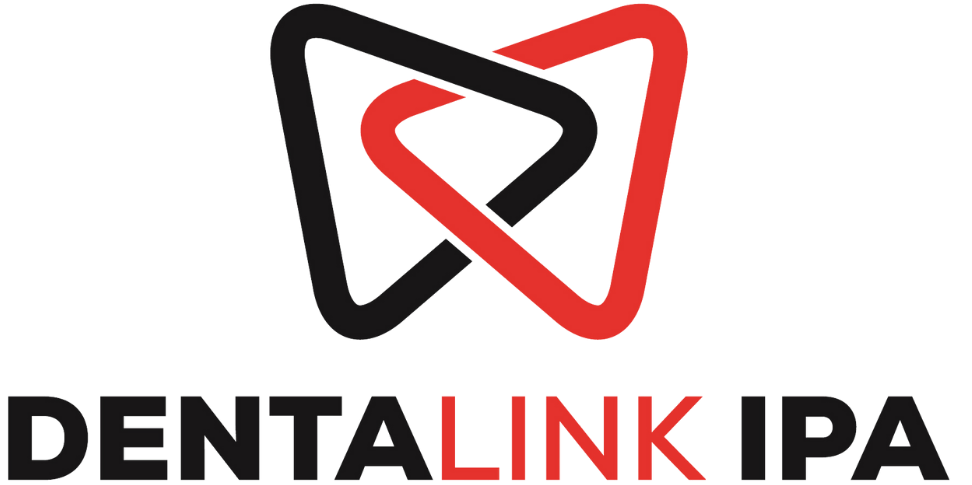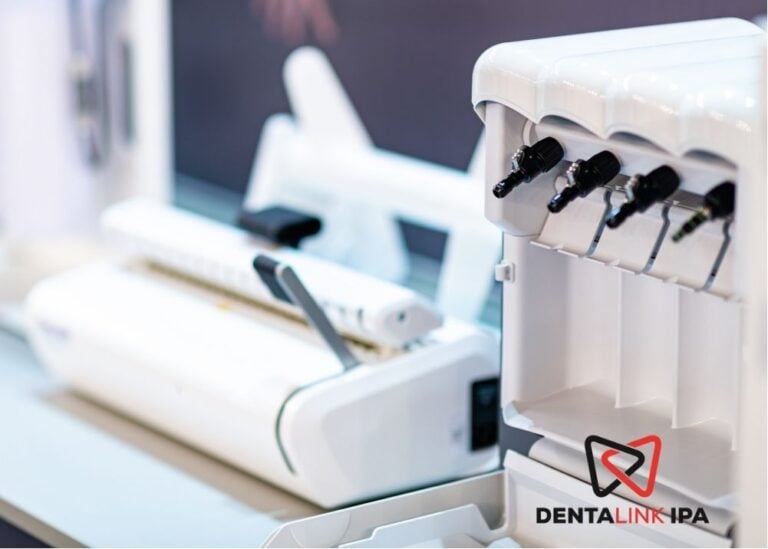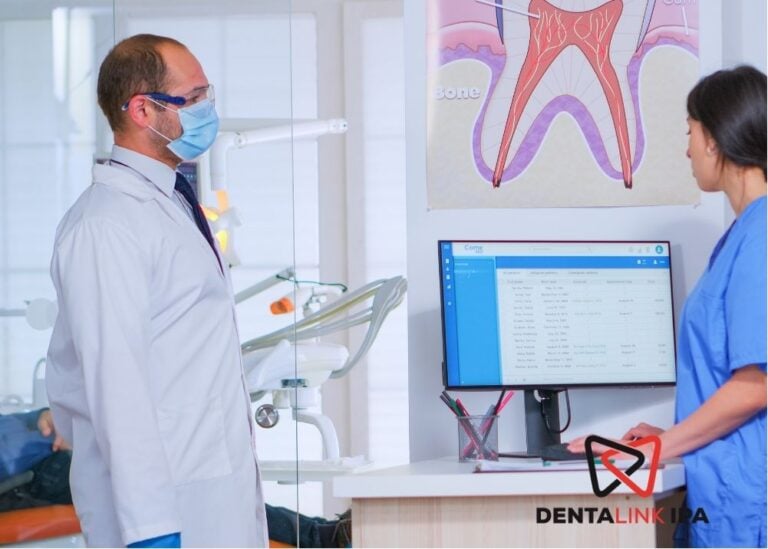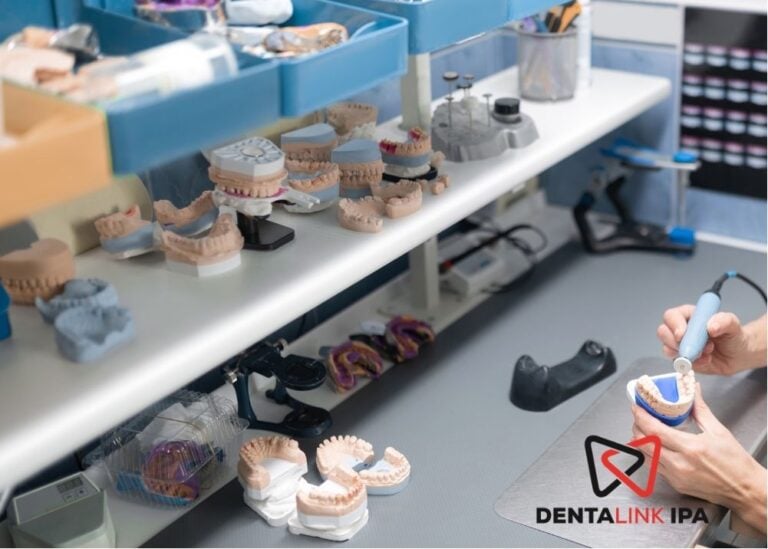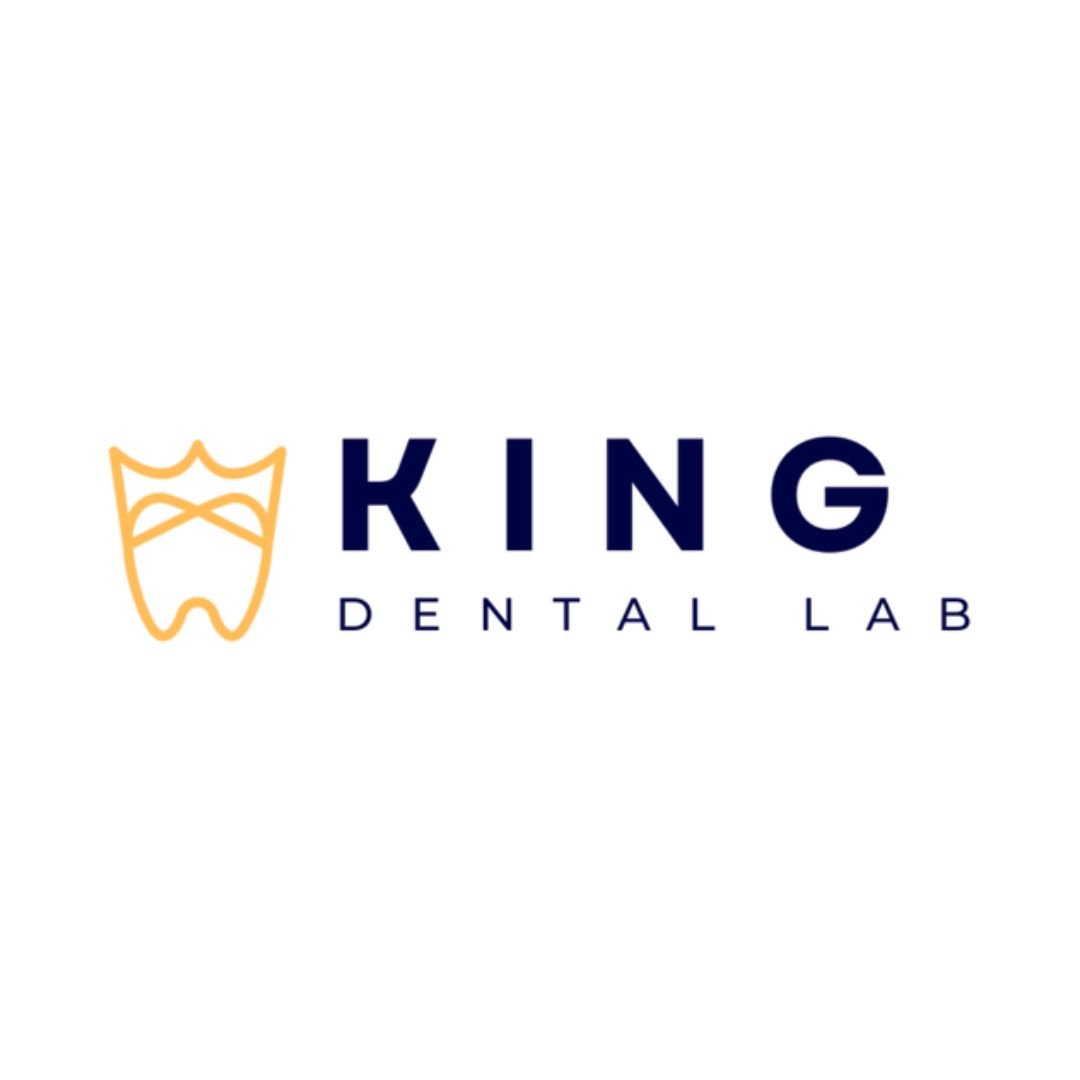Follow Us
Dentists, Do You Know Your EBITDA? Why It Matters for Your Practice
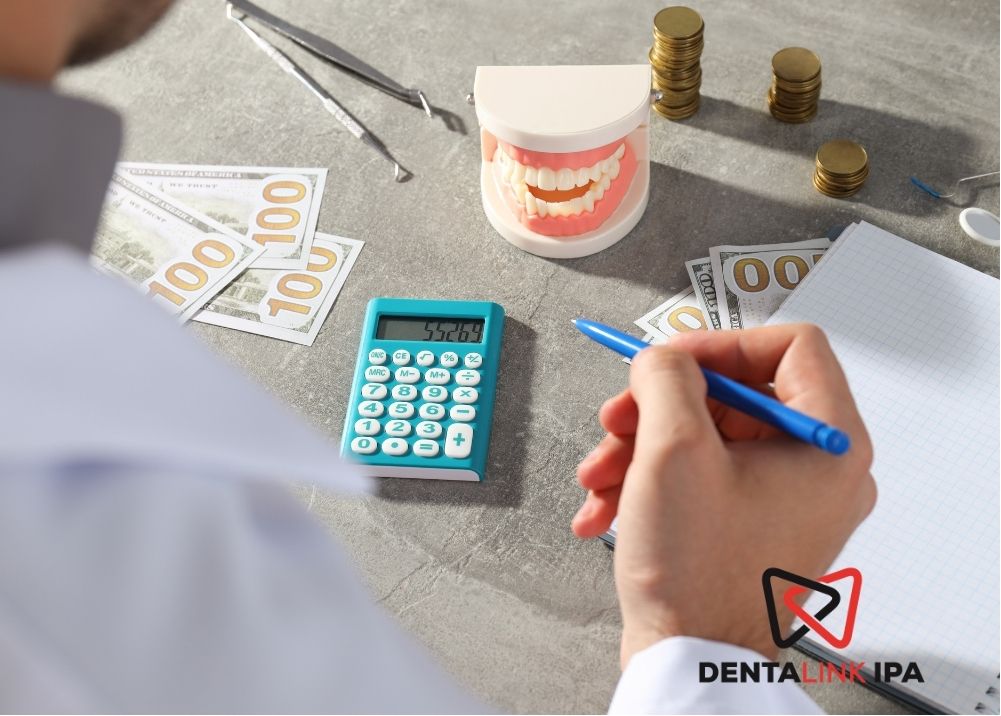
As a dentist, you’re focused on providing quality patient care, but have you considered how financial performance impacts your long-term success? One of the key financial metrics that every independent dental practice owner should track is EBITDA—Earnings Before Interest, Taxes, Depreciation, and Amortization.
EBITDA is a critical measure of your practice’s profitability and efficiency, giving you insights into its financial health without the influence of non-operating expenses. Knowing your EBITDA can help you make better business decisions, improve operational efficiency, and even increase your practice’s value.
Why Dentists Should Track EBITDA
1. Make Informed Business Decisions
EBITDA provides a clear snapshot of your practice’s financial performance by showing earnings before taxes and interest payments. Tracking this metric can help you:
- Identify cost-saving opportunities by analyzing operating expenses
- Optimize efficiency by improving workflow and reducing waste
- Decide when to invest in new equipment, technology, or services
For example, if your EBITDA is lower than expected, it might be time to evaluate supply costs, renegotiate vendor contracts, or reduce unnecessary expenses. On the other hand, if your EBITDA is strong, you may feel more confident about expanding your services or upgrading your practice’s technology.
2. Determine the Value of Your Practice
If you ever plan to sell your practice or bring in a new partner, knowing your EBITDA is essential. Potential buyers and investors use EBITDA to assess a practice’s profitability and determine its financial stability.
A high EBITDA signals a well-managed, financially healthy practice, making it more attractive to buyers and increasing its sale value.
3. Track Financial Progress Over Time
EBITDA is an effective way to measure long-term growth. By monitoring this metric regularly, you can:
- Compare year-over-year financial performance
- Spot trends in profitability and expenses
- Ensure your practice remains financially sustainable
Think of EBITDA as a financial barometer that helps you make data-driven decisions rather than relying on guesswork.
How to Calculate EBITDA
The formula for EBITDA is straightforward:
EBITDA = Net Income + Interest + Taxes + Depreciation + Amortization
Most accounting software can calculate EBITDA automatically, and financial professionals or CPAs can help interpret what it means for your practice.
Optimizing Your EBITDA with Dentalink IPA
Understanding your EBITDA is just the first step—optimizing it requires strategic cost management. Dentalink IPA helps independent dentists reduce overhead, increase revenue, and enhance financial stability by offering:
- Exclusive discounts on dental supplies, labs, and equipment
- Cost-saving strategies for reducing operational expenses
- Access to trusted financial experts and CPAs to help manage your practice’s finances
Take Control of Your Practice’s Financial Future
EBITDA may not be the most exciting topic, but it’s one of the most valuable tools for ensuring long-term success. By tracking and improving your EBITDA, you can make smarter business decisions, increase your practice’s value, and drive financial growth.
Join Dentalink IPA Today to start maximizing your savings and improving your practice’s profitability.
Want expert insights on cutting costs and increasing revenue? Request a Demo to learn how Dentalink IPA can help you achieve financial success.
